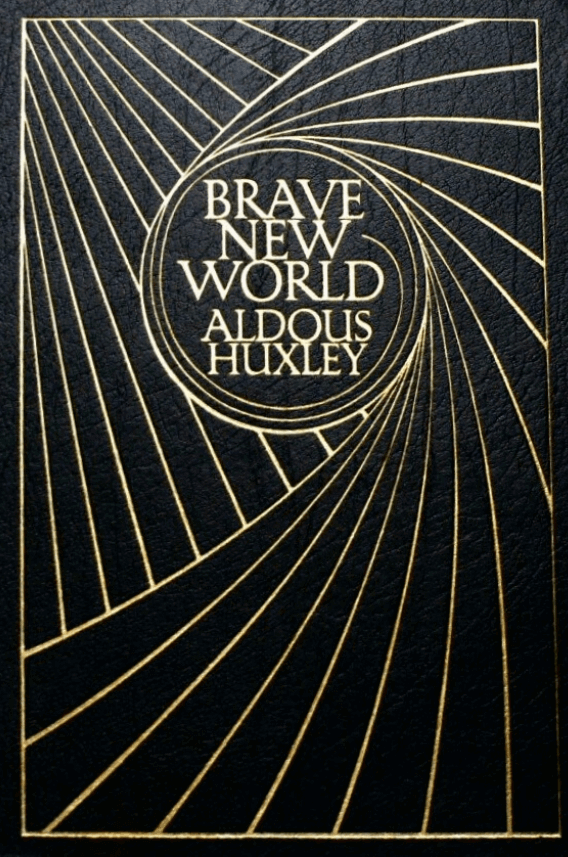Appreciating Good Stories Together
Why do people love a good story?
Well-told stories demonstrate truths about human nature in a way that we can understand and remember. One of the greatest storytellers of the last century, C.S. Lewis, acknowledged this timeless impact, writing: “Someday you will be old enough to start reading fairy tales again.” Individuals from all walks of life—young and old, great and small—have been moved by a familiar tale from a grandparent, the well-creased pages of a beloved book, or a thoughtfully produced film.
Take, for example, the recent release of Rings of Power and House of the Dragon, prequels to J.R.R. Tolkien’s masterpiece The Lord of the Rings and George R.R. Martin’s captivating Game of Thrones series.
The two shows may share the same genre, but they explore very different worlds. Rings of Power is a high fantasy tale while House of the Dragon draws viewers into the same murky, morally gray intrigue that Game of Thrones fans have come to love. Both shows have dedicated fanbases, so it will be fascinating to watch them duel for supremacy on our screens.
Are you watching either of these fantasy series? Would you consider them great works of storytelling, or do you prefer to stick to the books that inspired them? What works of fiction—on the page, screen, or other medium—do you want your kids and grandkids to grow up with?
Let us know in the comments, or tag us in a story on Instagram.
Like Tolkien's Lord of the Rings, Martin’s Game of Thrones, or Lewis' Chronicles of Narnia, great stories aren't just timeless. They can be enjoyed by all ages. Consider taking some time this fall to curl up with one of these classics, or explore the hundreds of other great ageless novels.
Pride and Prejudice by Jane Austen is a widely-loved novel, and for good reason. This book takes a close look at early 19th century English society, and does so with a subtly witty touch. It’s hard to describe too much of the plot without giving it away, but the book carries a profound and beautifully-delivered message about how we shouldn’t judge people based on first impressions.
Moby-Dick by Herman Melville is one of the best American novels ever written. Don’t let its size intimidate you! From its famous opening line—“Call me Ishamel”—to the closing words, this story of a mad captain’s quest for revenge against a white whale will captivate you as it did many other generations. The novel’s backdrop, a whaling ship plying the sea lanes for its prey, serves as a launching point for rich philosophical discussions about the futility of revenge and man’s relationship to nature.
Brave New World by Aldous Huxley is a classic in dystopian fiction. Often compared to George Orwell’s 1984, Huxley’s vision of the future is terrifying. Instead of portraying a brutal jack-booted goverment that uses violence and terror to keep its citizens in line, Huxley shows us a regime that rules people with more subtle techniques like a euphoric drug called “Soma.” As Huxley himself put it, this regime doesn’t need to use violence because it tricks people “into loving their servitude.”
Tolkien, Martin, and Lewis share a magical skill of creating authentic fantasy worlds and infusing them with believable human struggles and inspiring stories about courageous perseverance in the face of evil. One professor said of Tolkien and Lewis: “They were convinced that they were two oddball weirdos who cared about stories that nobody else cared about.” Does it really take an “oddball weirdo” to appreciate a good story? If so, consider us part of the club.






